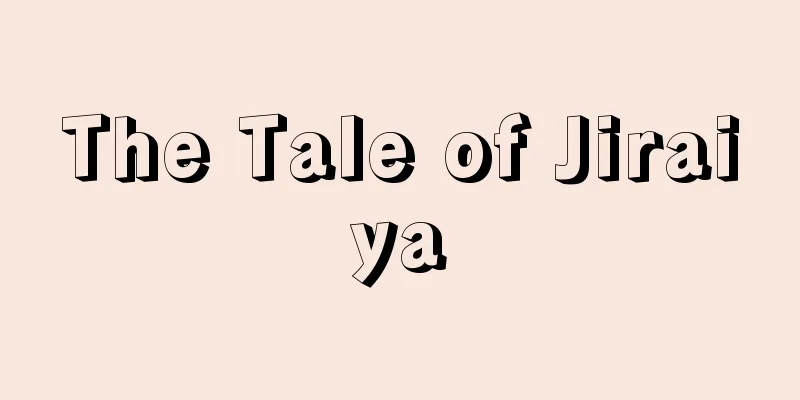Kanryomai rice

|
...It refers to the rice and money collected by kokushi or feudal lords at that time as compensation for approving requests from local areas. In the case of rice, it is called kanryome (rice tax) and in the case of money, it is called kanryosen (money tax). It was a type of miscellaneous tax and sometimes became the share of the inspector of fields. Later, regardless of whether or not an inspection was conducted, kanryo was sometimes collected under the pretext of inspection. *Some of the terminology explanations that refer to "Kanryomai" are listed below. Source | Heibonsha World Encyclopedia 2nd Edition | Information |
|
…そのとき在地からの要求を承認する代償として,国司や領主が徴収した米銭をいう。米の場合には勘料米,銭の場合には勘料銭ともいい,雑税の一種であり,検田使の得分となることもあった。のちには検注の有無にかかわらず,検注を名目として勘料を徴収することもあった。… ※「勘料米」について言及している用語解説の一部を掲載しています。 出典|株式会社平凡社世界大百科事典 第2版について | 情報 |
<<: Government forest - Kanrin
Recommend
Held, K.
…However, there are a few excellent works by F. W...
Goethals, GW
The Panama Canal was built in 1903, and was compl...
Sylt (Island) (English spelling)
A small island in the northernmost part of Germany...
Rosa bifera (English spelling)
…[Naruhashi Naohiro]. . … *Some of the terminolog...
Battle of Bouvines - Battle of Bouvines
In 1214, King Philip II of France defeated the com...
Kuginukimon - Kuginukimon
A simple gate with two bars at the top of the gate...
Cut and Sew Knitwear
…Woven fabrics are made by interlacing two series...
Lake West - Seiko
A lake surrounded by green mountains, spreading ou...
Ginjoshu - Ginjoshu
<br /> A specific name for sake, made from w...
Expander - expander
...A device for reducing the effects of noise, cr...
Omaha-type kinship names - Omaha-type kinship names
…(4) Sudanese kinship nomenclature: A distinction...
Garmr
... The guard dog of the underworld also appears ...
Ryuko Kawaji
Poet and art critic. Born in Shiba, Tokyo. Real n...
A Sentimental Journey through France and Italy
A travelogue by the English novelist L. Sterne. Pu...
Menelaus's Theorem
In triangle ABC, if the points where a straight l...









